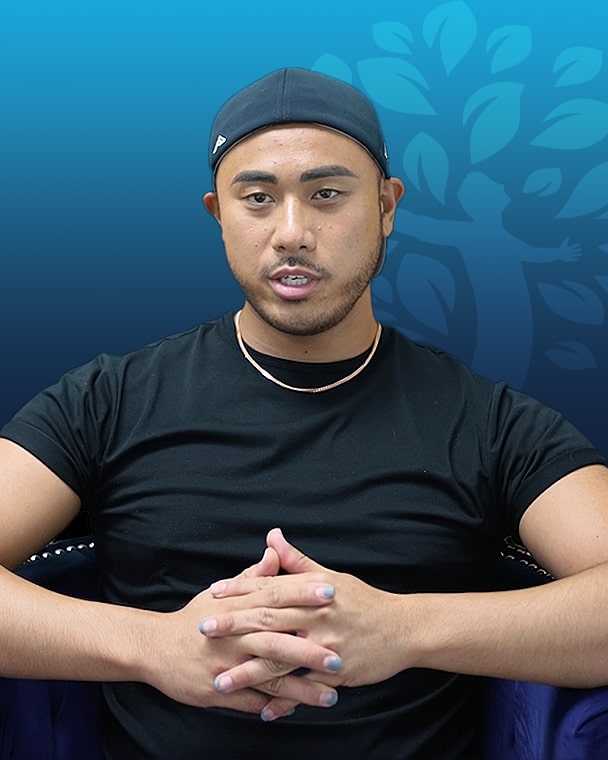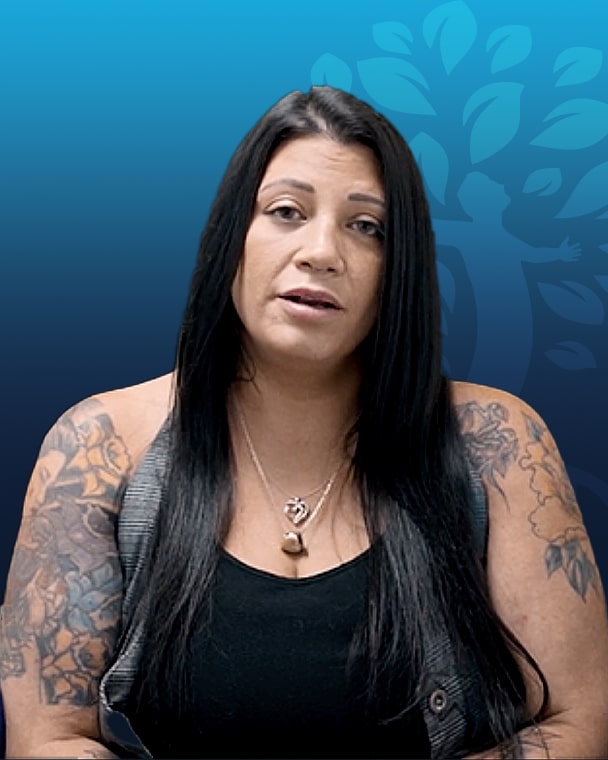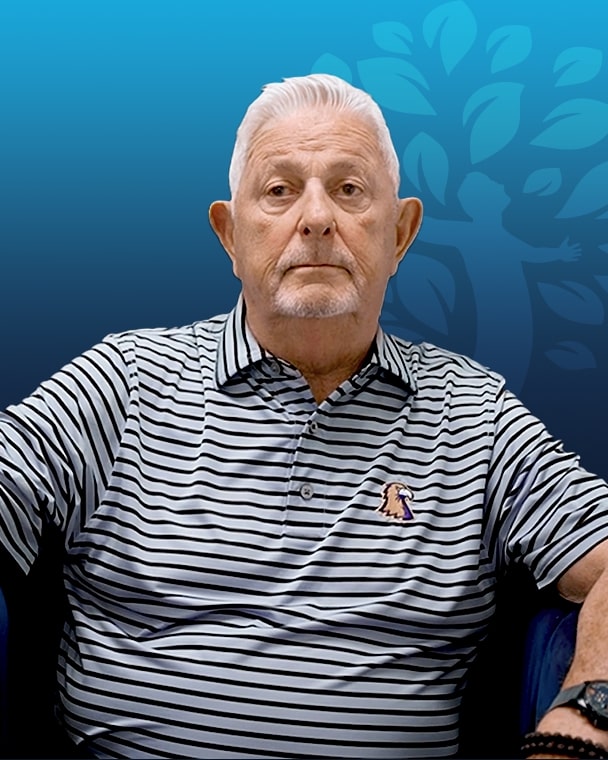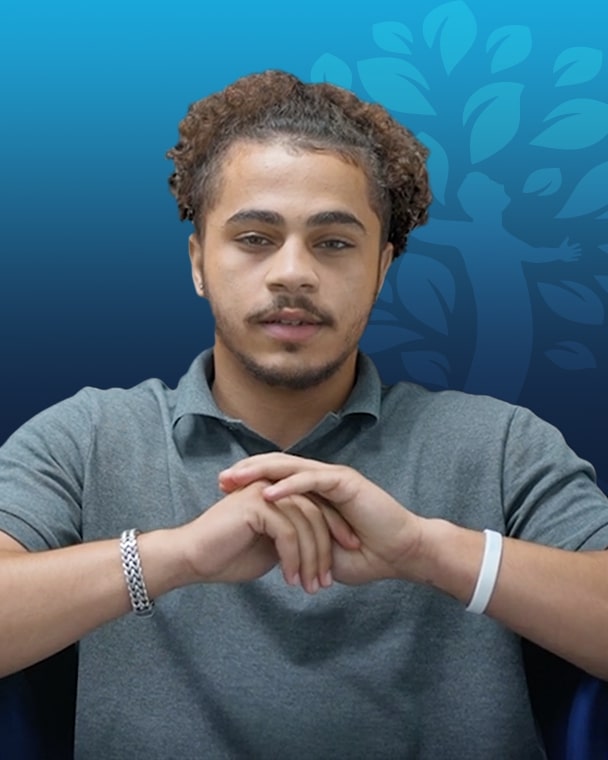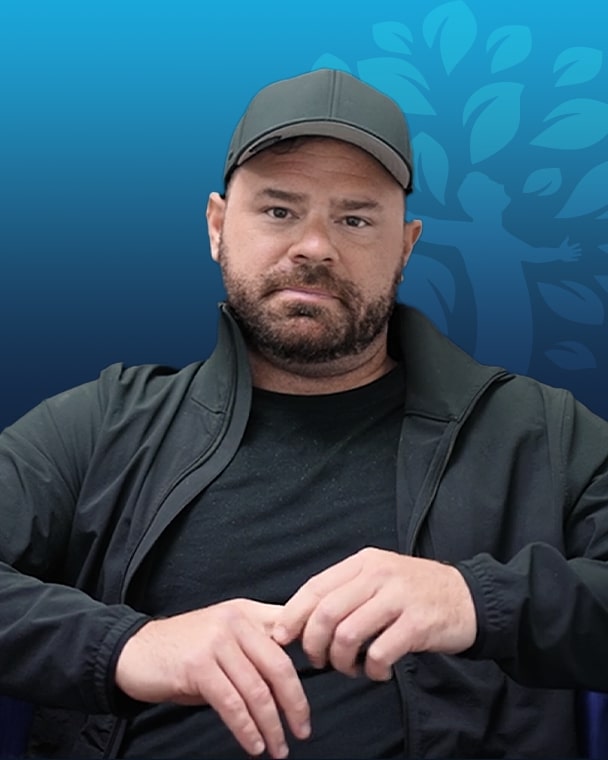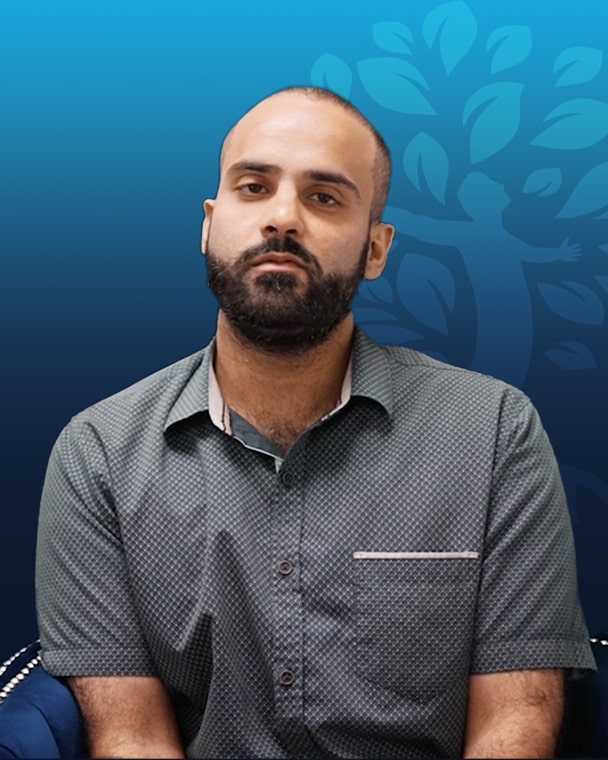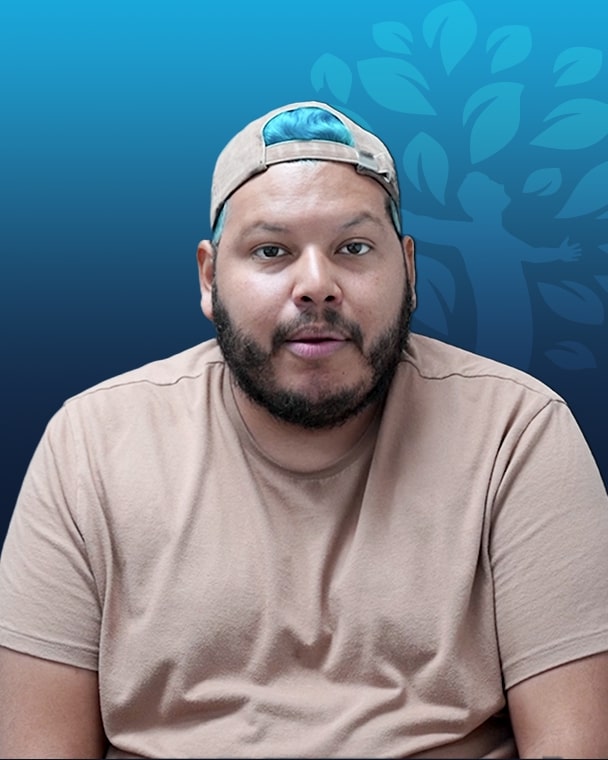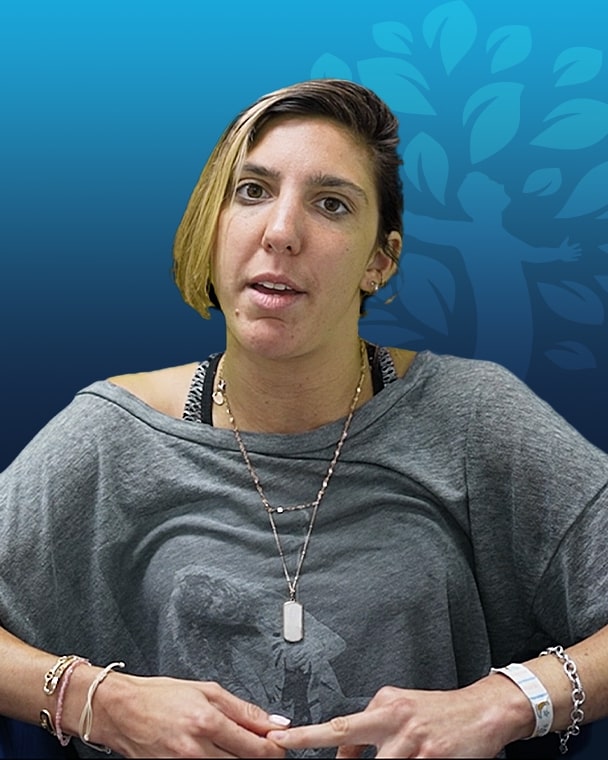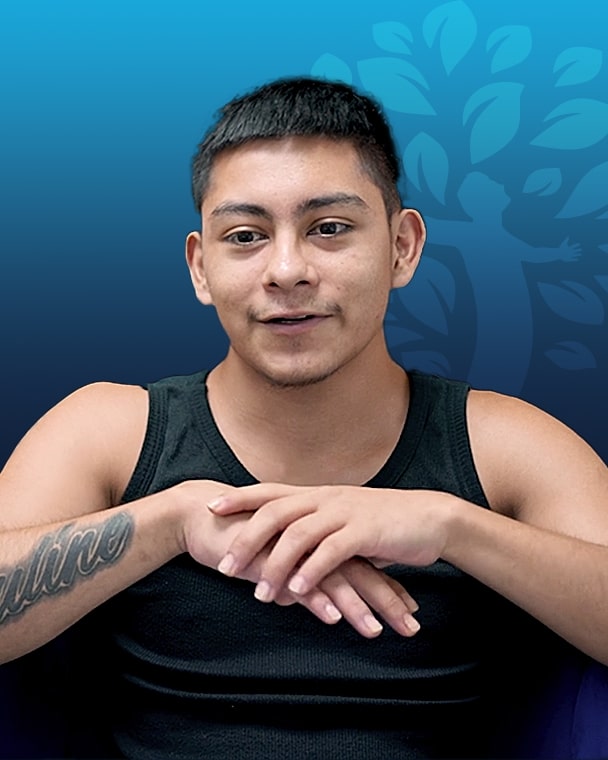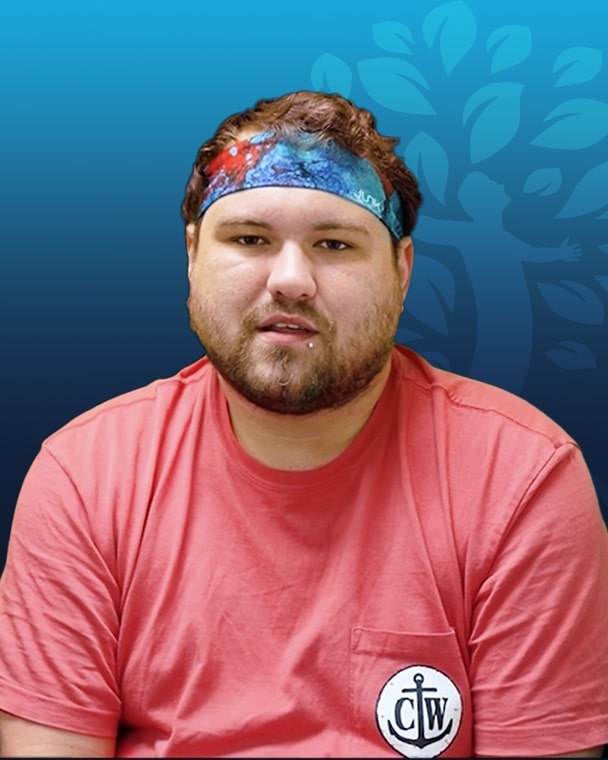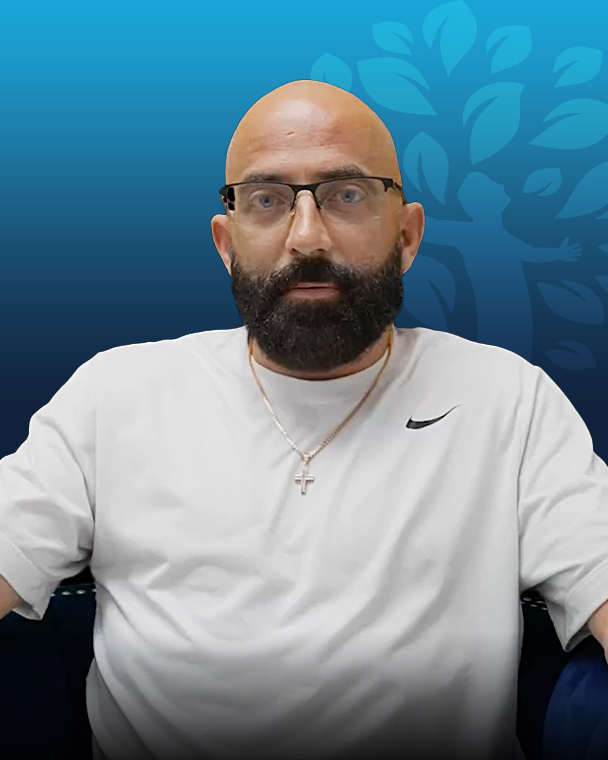
Inpatient Drug Rehab for Orlando Residents
Inpatient Drug Rehab for Orlando Residents
Orlando is located on one of Florida’s busiest drug trafficking routes. Drugs are far easier and cheaper for the average person to access, than in other places. The fact that it is a well-loved party destination only puts drugs deeper into the fabric of everyday life in this city.
In the year 2016, heroin was found to be the drug behind nearly 30 overdose deaths over a period of less than three months. A further 40 or so overdose deaths from other drugs were reported in the same period, as well. In any given year, Orlando accounts for approximately one out of every seven overdose deaths in the state of Florida.
If you are and use recreational drugs on a regular basis, you should be worried. Overdoses aren’t planned. They happen by accident. The best way to protect yourself from this terrible fate is to sign up for inpatient drug rehab. Legacy Healing Center can help.
When people consider accepting detox and rehab for an addiction, they usually first think of trying outpatient treatment. They live at home, go to work, visit a clinic for a couple of hours each day, and get the treatment they need. The minimal disruption that the approaching rehab in this way brings to their lives, tends to be tempting. The fact that outpatient drug rehab is affordable makes it an attractive option, as well.
When you choose rehab in Orlando, you do end up paying more. You end up taking weeks out of your life to live at a residential rehab center and you devote yourself to getting better. There’s a reason to go to the trouble, however: inpatient drug rehab comes with higher success rates than outpatient rehab, especially when your addiction has complications — it has lasted long, it involves multiple drugs, or it involves previous failed attempts at sobriety.
What is Inpatient Drug Rehab?
When you sign up for inpatient rehab, you resolve to end your addiction to substance abuse by setting time apart to live at a residential rehab facility. There, you undergo intensive detoxification and rehabilitation.
When you enter Legacy Healing Center’s inpatient drug rehab, you receive supervision and professional care around the clock. This means that when you experience painful or troublesome withdrawal symptoms, you have medical help on hand all the time.
Reliable human support correlates positively with successful rehabilitation. If you don’t have dedicated support around the clock from your friends or family at home, getting into inpatient rehab grants you the compassionate support that you need.
There are other reasons why inpatient rehab tends to be more successful than the rehab of the outpatient variety. When you live at a facility that is specifically designed for the purpose of sobriety, there is little risk of exposure to the triggers that exist out in the real world. You have a greater incentive to commit to and focus on your recovery, as well. Most importantly, however, you work harder at recovering, by attending therapeutic rehab programs through each day, and you go in with greater confidence that you will recover with little discomfort, there being experts in attendance to take care of you at all times.
How Long Does Rehab Take?
According to the National Institute on Drug Abuse, for most addicted individuals, it takes three months of treatment to end drug use. The longer you accept treatment, the better the outcome tends to be. A lot depends on different factors, however: your age, the length of time for which you have been dependent on drugs, the kind of substances that you’ve been using, your past experiences attempting to quit, and the existence of co-occurring mental or physical health issues, among others.
In general, programs vary in length between four and twelve weeks. Four weeks in treatment gives you enough time to get past withdrawal but gives you little time for rehabilitation, the process by which you learn mental and life skills to overcome mental dependence on drugs. Much depends, as well, on the individual. Some people tend to exist in mental states that require longer periods of recovery to heal.
Often, people worry about giving a great deal of time to rehabilitation, because they have a job that they need to return to. It’s important to remember, however, that the Family Medical Leave Act allows you to take twelve months away from work for serious health conditions, and still keep your job. If the law applies to you, you may be able to take the time off without worrying about your employment. You may also be able to rely on short-term disability insurance to make up for lost wages.
30-Day Rehab
Most people enter rehab for programs that run 30 days. These programs begin with an onboarding evaluation and the creation of a custom treatment plan for the patient.
30-day plans tend to limit the curriculum provided to withdrawal assistance, individual and group therapy, and aftercare. These programs tend to be the most affordable of all, simply by virtue of being short in duration. They are suitable for people with mild, short-lived addictions, with no complicating factors.
60-Day Rehab
Programs that are designed to run 60 days come with all the features of 30-day programs, but add on more intensive rehabilitation plans. They are well suited to more complicated addictions.
Most of the additional time in these programs is devoted to helping therapists learn better about the addictive behaviors of patients, to allow patients to practice the skills that they learn in therapy for longer, and to prepare them for a return to normal life outside of rehab.
90-Day LongTerm Rehab
90-day programs are typically associated with higher rates of long-term sobriety, employment, and functional living. These programs offer all the features of shorter programs but allow patients to take longer with each step. These programs tend to be especially useful for those who have tried rehab in the past and relapsed, and those who struggle with psychological or psychiatric conditions, alongside their addictions.
While these programs tend to be more expensive than shorter programs, they often pay off with greater long-term success rates.
Sober Friendly Attractions near Orlando
There is simply too much going on in Orlando to ever allow anyone to be at a loss for something to do. For those in recovery, the list of sober-friendly activities is virtually endless. Orlando is well-known for its theme park attractions, but it offers a vast number of other entertainment opportunities, as well. From the Kennedy Space Center to the Typhoon Lagoon water park, and from the Discovery Cove sea life exploration park to the Orlando Science Center, there is so much to do and see in this amazing city.
When you feel good about the work that you’ve put in at rehab, the city of Orlando rewards you with all that’s positive about life.


Legacy Healing Center testimonials
Real People. Real experiences



Legacy Healing Center testimonials
What Our Alumni Has to Say
GET IN TOUCH
Contact Us
If you would like to get in touch with us or simply have any questions or comments, please call us today. Our helpline if 100% confidential.
Call Us
Email Us
Visit Us
1425 WEST CYPRESS CREEK ROAD, SUITE 201FORT LAUDERDALE, FL 33309
